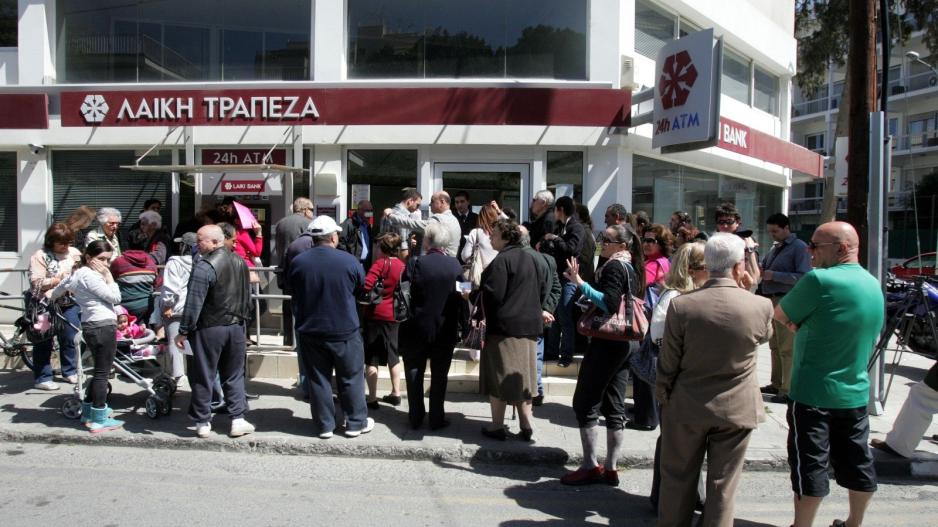Finance Ministry Faces Parliament Over “Promise” to Haircut Victims
Strong reactions from depositors, bondholders, and shareholders
Papadouris tells Brief that Parliament must be informed of developments
The Finance Ministry is set to appear before the House Finance Committee to address the contentious issue of compensating haircut victims—depositholders, bondholders, and former shareholders of Bank of Cyprus—amid changes being promoted to the existing process and the commitments made based on a Cabinet decision.
Yesterday’s revealing Brief report sparked strong reactions from many affected individuals, who are now expressing concerns that the proposed changes—despite earlier commitments by President Christodoulides—may undermine the core philosophy of decisions already made.
A Finance Ministry source assured that the essence of the government’s decisions will not change.
They noted that if the first installment of the promised compensation cannot be paid by the end of June, it will be paid shortly thereafter. The delay is due to difficulties in completing the identification of eligible depositors and bondholders.
The same source stressed that the matter has not gone unnoticed in the post-memorandum evaluation of public finances, nor by credit rating agencies, the Troika, or other EU institutions.
“That’s why we must be extremely cautious in every step we take,” the source said.
It’s worth noting that on March 24, Brief reported that the Troika team, during its first post-program assessment in Cyprus for 2025, warned Cypriot authorities that compensating the 2013 haircut victims would impact public finances.
In fact, international creditors listed this as one of five major risks to fiscal stability.
Papadouris calls for detailed briefing before the Finance Committee
Stavros Papadouris, a member of the Parliamentary Finance Committee, told Brief that based on the new developments presented in the report, the Finance Ministry and members of the National Solidarity Fund will be summoned for an in-depth update.
Papadouris stressed the need for prudence in managing public finances.
However, he pointed out that when such decisions are taken at the Cabinet level, all factors must be weighed—especially whether state funds can sustain the cost of political decisions.
He reminded that there is an ongoing discussion in the Finance Committee regarding the National Solidarity Fund (NSF).
He also stated that he had previously asked when the state intends to transfer 14 properties formerly owned by Laiki Bank to the NSF, which he emphasized must be included in the compensation package.
“The response we received,” he added, “was that a relevant Cabinet decision was taken, and the transfer process will proceed. Two years have passed since then, and the process has yet to be completed.”
Cap set on maximum compensation for haircut victims
For the first time, as reported yesterday by Brief, Finance Ministry representatives participating in the NSF disclosed that the maximum compensation for affected individuals will be €25,000.
At last Thursday’s meeting, three changes were discussed and will be addressed again at the next NSF session.
According to information gathered by Brief, the changes involve:
-
Compensation payments will begin in the second half of the year—not before June.
-
The initial compensation pool will be €100 million, not €180 million as previously pledged.
-
The Finance Ministry describes this €100 million under the “2025 Plan” as a “promissory” amount.
Based on data collected and assessed by the Ministry, around 13,000 haircut victims—depositors and bondholders—are expected to be compensated.
The percentage granted in the first phase will not exceed 10% of the individual losses each person incurred from the haircut.






